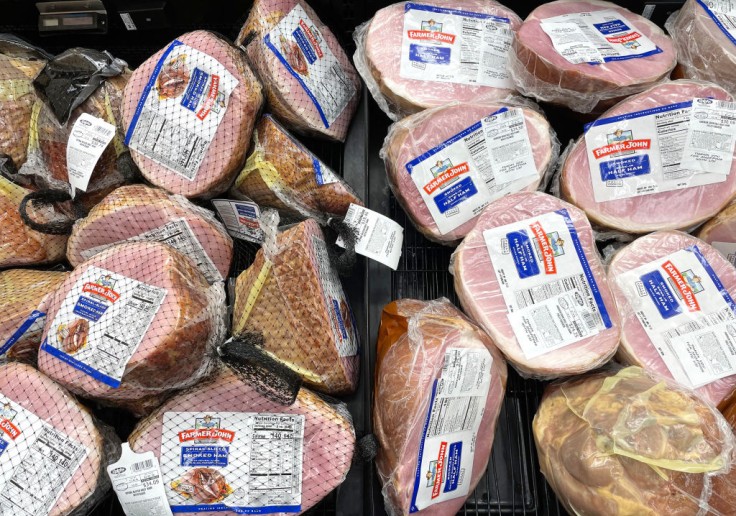
For many families, enjoying a feast together to welcome the New Year is a given, and some might even prepare a buffet meal prepared by multiple cooks in the kitchen. While no one wants to suffer from food poisoning during this most important time, it can still happen, especially if the dishes are not prepared or stored properly.
Per the U.S. Centers for Disease Control and Prevention (CDC), one in six Americans or about 48 million people suffer from food poisoning. Every year, about 128,000 end up in hospitals, while 3,000 die because of diseases from food.
Here are the easy steps to take to avoid becoming a victim of food poisoning when you're enjoying a feast during the New Year:
1. Keep it clean and follow cooking, reheating, and storing instructions carefully.
Cleanliness is fundamental if you're working in the kitchen. If you have plenty of help from the family, ensure that everyone follows and observes the same to avoid cross-contaminating the food. Wash hands often and use dishcloths regularly. If possible, use separate chopping boards and keep raw meat separate from the other ingredients.
If you're ordering from restaurants ahead of time and need to store the food before serving this to the family, be sure to get instructions regarding proper storage and heating. For instance, holiday hams leftover from Christmas should be reheated in a conventional oven at a temperature that's not lower than 325 °F, according to Food Safety News. If you're preparing eggnog, a popular holiday drink, cook the base at 160 °F to stave off bacterial formation.
Note that meat and eggs can carry germs that can lead to food poisoning if these aren't cooked well. Some dishes will also spoil faster than others, so put the leftovers in the cooler after two hours of serving.
2. Watch out for family members who may likely get food poisoning.
According to U.S. Food and Drug Administration (FDA), some groups of people are more likely unable to withstand germs like Salmonella, Listeria, or E. Coli, such as kids younger than five years old or adults older than 65 years old, pregnant people or those with weaker immunities due to diabetes, cancer or other diseases.
If you have these at-risk people in your family, it's best not to serve food with unpasteurized ingredients or exotic raw dishes. Don't give the kids raw cookie dough no matter how much they beg, and keep an eye on the salads with ingredients like ham, chicken, seafood, and dressing, as these can quickly spoil.
If these at-risk people start feeling bad after the New Year party and develop a fever or feel like vomiting, don't hesitate to call your healthcare provider for guidance and advice. Never medicate a family member without the doctor's inputs, especially if their stool becomes bloody and wet. You may need to go to the emergency room for tests on the exact pathogen that's making the person ill to arrive at the best course of treatment.
Related Article: Keep Safe and Avoid These Health Risks During the Holidays